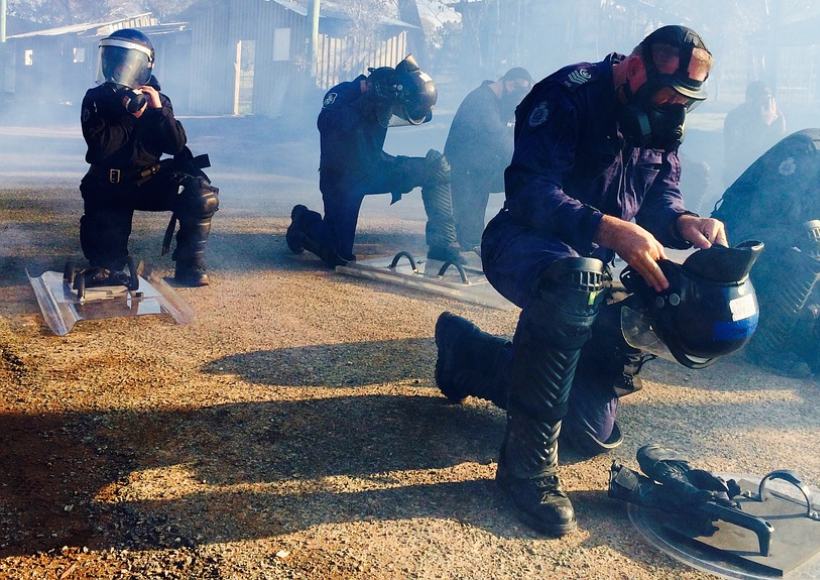The risk of prison radicalisation is a real and potent danger in correctional facilities across the globe. This risk is, however, not new, albeit the focus on who becomes radical during incarceration has changed from a primary focus on right-wing extremists to radical Islamists.
In preventing prison radicalisation, correctional authorities rely on: a) good prison regimes, b) dynamic security, c) information and intelligence sharing (internal and external), d) staff education and training, e) placement regimes, f) check of religious leaders (e.g. imams) – and not least; making sure that they are present, g) tools for risk assessment – on various levels, as well as, h) specialised counter-radicalisation programmes (e.g. involving the use of mentors – the so-called “formers” – and specialised psychological interventions by clinical staff).
For certain countries, the abovementioned prevention measures are embedded in the generic make-up of the correctional service, whereas for others, such measures are not easily adopted or may even be impossible to accomplish.
For instance, Norway considers its correctional service among the best in the world due to both the make-up of prisons, staff training as well as rehabilitative and reintegration-focused content. Norway, thus far, does not have any overcrowding, nor any substantial understaffing, and the correctional facilities deliver essential services and opportunities for school, work and leisure activities.
In sum, this allows us to come to the conclusion that Norwegian prisons have ‘good prison regimes’.
Furthermore, the ‘Norwegian model’ has an emphasis, almost a mantra, of being a leader in terms of dynamic security – not least due to the fact that Norway has one of the most comprehensive basic training programmes for correctional officers in the world (a 2-year college degree).
However, Norway has very few clinical psychologists working in the correctional services, thus there are no specialised psychological interventions nor any use of structural professional judgment (instrument-based) risk assessment tool, such as VERA-2, or equivalent, for potentially radicalised inmates.
Moreover, the Norwegian correctional services do not directly employ priests, imams, rabbis or any other clergy. Instead, priests are paid by the local diocese, thus they have a presence in most correctional facilities across Norway. Imams, on the other hand, are more difficult to come by as each prison is reliant on local Muslim congregations to supply them.
Other countries are plagued by overcrowding and under-staffed facilities, creating the potential for gangs to take advantage of inmates.
In this regard, certain gangs may be based on religious adherence, ethnicity and colour or political issues. This, again, is nothing new as correctional services have dealt with white supremacy gangs blending crime with political (or racial) agendas, such as the Aryan Brotherhood (AB), for a very long time.
Other countries have dealt with incarcerated terrorists having local and/or regional goals of establishing own nation-states, to rid itself of the shackles of the legal ruling entity and/or terrorist groups motivated by the desire to fight the state in order to replace it with socialist versions.
In recent history, we find such examples in the UK, Spain, Greece, Germany, as well as many other countries. In recent years, however, the threat from radical Islamists – and not least returnees from the so-called Islamic State (IS) in Syrian and Iraq – has been the focal point of prison authorities across a large part of the globe.
//
Dr David Hansen currently works as Associate Professor at University College of Norwegian Correctional Service (KRUS). At KRUS, David conducts comprehensive empirical research relating to Muslims in Norwegian prisons, teaches and supervises on the issue of radicalisation in prisons, and supports the directorate in activities aimed at preventing radicalisation in Norwegian prisons. His published work includes (2018) ‘Radicalization in Norwegian Prisons: The Story of ‘Zubair’’, in Overland, G.; Salomonsen, J.; Andersen, A. (2018). Processes of Violent Radicalisation in the 21st Century. Newcastle: Cambridge Scholars Publishing.



